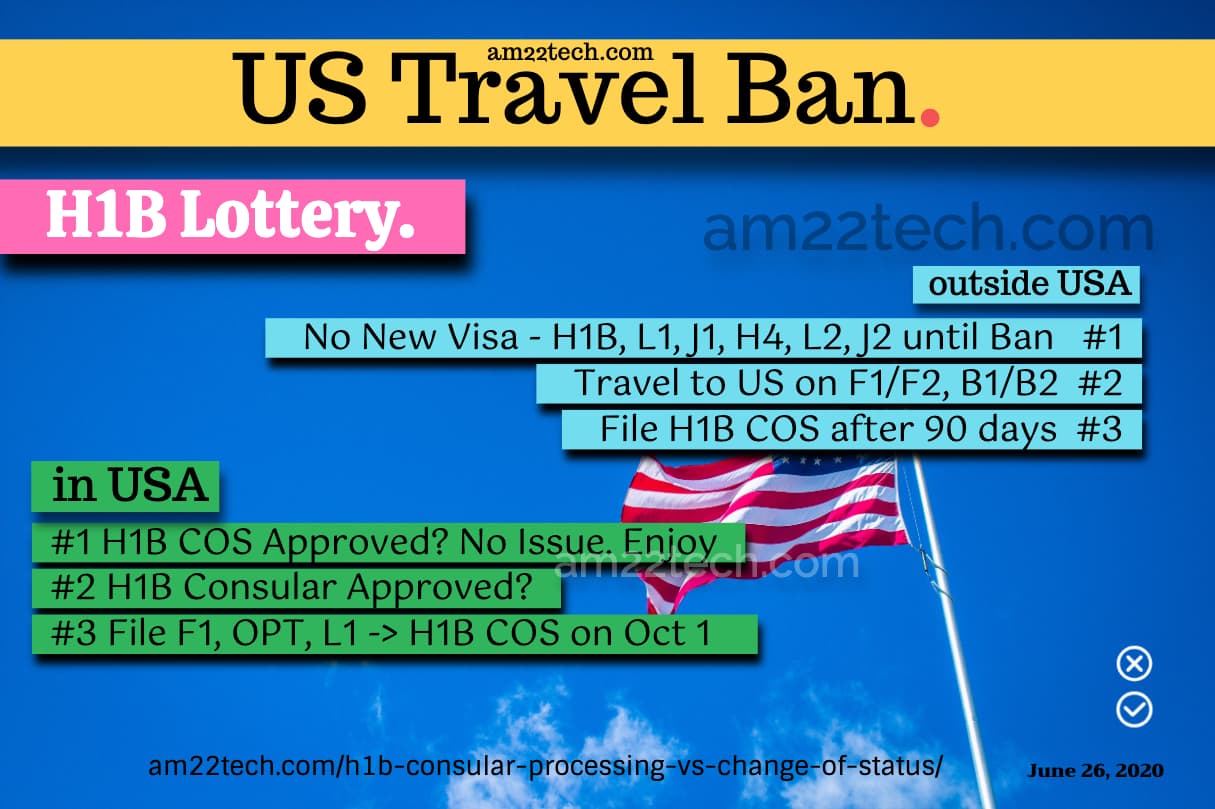
Can H1B visa holders day trade stocks?
Since H1B visa holders have a full-time job, this makes day trading an unattainable option for most visa holders who don’t want to give up their visa status. Just like with your regular work earnings, you will need to pay taxes on your stock earnings as well.
Can H1B visa holders invest in savings?
When you work in the US on H1B Visa, you can make a decent amount of money to pay for your living expenses and also put in a good chunk of it towards savings. As many think about savings and investing on H1B Visa, there comes a question, if there are any restrictions related to being on H1B Visa in the US.
Can a visa holder buy and sell stocks?
Registering with a stockbroker will create your personal account to buy and sell stocks with. There are two main types of stock trading: day trading and delivery based trading. Most visa holders will participate in delivery based trades since day trading often requires it to be a full-time job.
Do I have to pay taxes on stock earnings on H1B?
Just like with your regular work earnings, you will need to pay taxes on your stock earnings as well. According to the IRS, stock earnings do qualify as a source of income, and therefore these earnings are taxed. What Taxes do I Pay When Investing in Stock on an H1B visa?

How many days can you trade a week?
1. Day trading, often defined as 4 or more trades per week, might not be permitted. Below that, you're certainly fine.
How long do you have to hold stock to day trade?
If you work for a Finance/Asset Management company then most likely you cannot day trade and will need the compliance departments permission to buy/sell shares which you will need to hold from 30 to 120 days (you might want to review their policies as rules differ from firm to firm)
Is passive investment required for H1B?
Passive investment is fine. Anything where you are involved and physically working including being a director will require an H1B attached to it. However, USCIS will often not approve a case where you are the main shareholder and are active in the business.
Is it legal to be a day trader?
Generally speaking, being a passive investor is fine. However, being a "day trader" generally connotes being actively involved in buying and selling stocks. There is no definitive answer to this question, but I would caution clients against acting in this capacity as it could very well be considered unauthorized employment under immigration law.
Is day trading legal on H1B?
Day Trading being on H1B is perfectly legal. Rules donot differentiate between investing and trading and H1B visa holders are permitted to invest in the market. It does not say one year or one day or passive or active etc. All it says, you can invest in the market. And as long as you pay your taxes and conscious of risks involved in day trading, it is perfectly fine.
Elizabeth Nicole Kozycki
You may make passive investments in stocks, regardless of how long you hold them and how much money you make. You do have to report dividends on your taxes.
Vikram Ketty Badrinath
Yes, you can buy and sell securities, stocks, bonds, etc. while on your H-1B visa status. There is no provision against participating in financial markets while on your H-1B visa. When you file taxes, however, you are subject to ordinary taxation policies, and thus must report any short term capital gains and/or long-term capital gains.
Is it legal to trade stocks?
The answer is yes, it is legal to do stock trading and it is also a very simple process to begin doing so. The only thing you need to keep in mind is that you must continue working for your employer who has sponsored your visa in order to maintain your visa.
Is buying a home a good investment?
Buying a home can be a great investment. Investing in real estate is a popular form of investment that you may want to consider as a visa holder.
What does day trading mean?
There is NO contradiction . "Day trade" means buying and selling a stock on Same Day. You can do it occassinally (and then you will not be a pattern day trader) OR you can do it very frequently.
What is the difference between active trading and passive investing?
Whereas passive investing involves less frequent trading (even with an online brokerage account, buy and sell orders, participating in a stock trading club), and the money is typically kept in the market and reinvested in other stocks.
